Is Hybrid Education Good for Kids With ADHD or Unique Learning Needs? (And How Athletics Makes a Difference)
More families than ever are searching for school options that truly support students with ADHD and other learning differences. Traditional classrooms often fall short, but hybrid education, especially when combined with daily athletics and social-emotional learning, can make a world of difference. Here’s how The Athletic Collegiate creates an environment where every child can thrive.
The Unique Needs of Students With ADHD (and Why Traditional School Isn’t Always a Fit)
Children with ADHD and other learning differences often struggle in rigid, one-size-fits-all classrooms. Research shows they benefit most from:
Frequent movement and breaks
Individualized support
Smaller group environments
Opportunities to channel energy positively
“Children with ADHD do best in structured yet flexible learning environments, where physical activity is part of the daily routine.”
— CHADD (Children and Adults with Attention-Deficit/Hyperactivity Disorder)
How Does Hybrid Education Help?
Hybrid education blends the personalization of homeschooling with the support of professional educators, all in a flexible and adaptive setting. At The Athletic Collegiate:
Half-day schedules mean less fatigue and more opportunity for focused learning.
Learning coaches are trained to offer real-time, individualized support and frequent check-ins.
Small group learning allows for fewer distractions and more connection.
According to ADDitude Magazine, “Many parents of children with ADHD find hybrid and alternative schools work better than conventional options, offering greater flexibility and understanding.”
The Power of Athletics for ADHD and Learning Differences
Movement is medicine for the brain.
Countless studies show that physical activity isn’t just good for bodies—it’s essential for focus, mood, and learning, especially for kids with ADHD.
“Children with ADHD benefit greatly from regular physical exercise, which can boost attention, improve mood, and decrease impulsivity.”
— CDC: Physical Activity and ADHD
At The Athletic Collegiate:
Daily athletics (tennis, sports-based games, movement breaks) are part of every student’s day.
Social-emotional learning (SEL) is woven into routines, helping children manage emotions, build confidence, and strengthen peer relationships.
Positive coaching reinforces progress and celebrates effort—not just achievement.
Real Parent Questions
Is hybrid education really better for ADHD?
For many kids, yes! The combination of flexible scheduling, individualized support, and frequent movement helps reduce stress, build confidence, and make learning enjoyable again.
Can my child get the help they need, academically and socially?
Absolutely. Our learning coaches provide daily mentorship, while athletics and SEL programs ensure every child feels included, capable, and connected.
What about academic progress and accommodations?
With our partnership with Laurel Springs School, students receive accredited academics tailored to their pace, plus daily in-person help. We collaborate with families to implement any necessary learning accommodations.
Why The Athletic Collegiate Is Different
Flexible, movement-rich schedules help kids focus and avoid burnout.
Expert learning coaches understand ADHD and other learning needs.Integrated athletics and SEL provide outlets for energy, build social skills, and boost confidence.
Small community means every child is known, supported, and celebrated.
Sources Cited:
Want to see how our hybrid model supports unique learners? Request an Invite to visit our campus or Contact Us to talk with a Learning Coach about your child’s needs.

